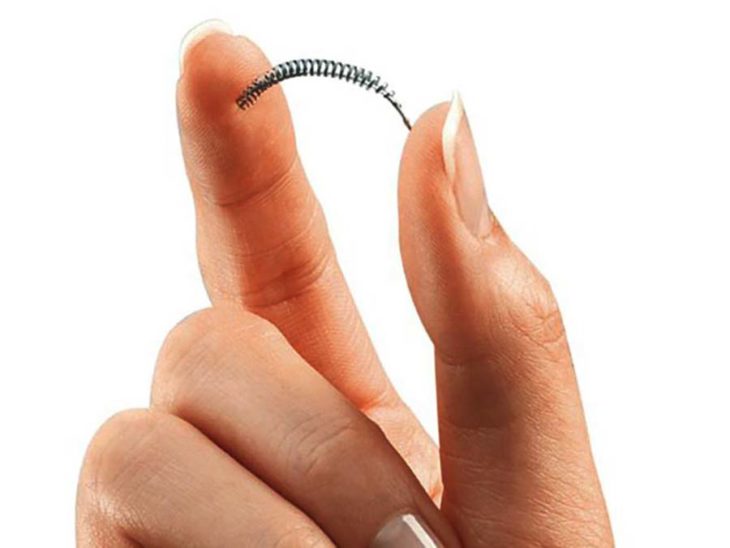This therapy has a 60 to 70 percent success rate in reversing the effects of the abortion pill.
Tag - Food and Drug Administration
Women who used the (sterilization) device “Ensure” had 10 times as many operations to fix problems as women who had surgery instead.
The Essure boxed warning will alert patients and health professionals to adverse events associated with the device including the possibility for uterine perforation, chronic pain, serious allergic reactions, device migration into the abdominal or pelvic cavity, and the need for the device to be removed surgically if symptoms become unbearable. Full Article
While the FDA’s belated move is a step in the right direction, many want to see the device banned from the U.S. market altogether.
“The latest recommendations from the FDA do not go far enough,” Congressman Mike Fitzpatrick (PA–8) said in a released statement concerning the FDA’s approval of a new boxed warning for Essure, “a boxed warning and patient checklist highlight the severe risks of Essure—but they’re not legally enforceable requirements.”
Last year, Rep. Fitzpatrick introduced a bipartisan bill in Congress called the E-Free Act which would circumvent the FDA and ban the Essure device outright.
“Tens of thousands of women have been harmed by this unsafe medical device, including hundreds of fetal deaths,” Rep. Fitzpatrick said in his released statement.


